Introduction
The question of artificial intelligence (AI) has long been a source of fascination and debate. Some have feared the potential for machines to surpass human intelligence, while others see it as an opportunity for technological advancement. The statement, “The real problem is not whether machines think but whether men do,” attributed to B.F. Skinner, an American psychologist, suggests a deeper philosophical concern: Are we, as humans, truly using our minds to their fullest potential, or have we become overly reliant on technology to do the thinking for us?
In this article, we will explore the implications of this thought-provoking quote in the context of artificial intelligence, human cognition, and the future of both. While the rise of AI undoubtedly brings exciting advancements, it is crucial to examine whether, in our pursuit of innovation, we are neglecting the most important asset we have—our own ability to think critically and creatively.
The Rise of Artificial Intelligence
Artificial intelligence has evolved dramatically over the past few decades. Once the realm of science fiction, AI is now a part of everyday life. From voice assistants like Siri and Alexa to self-driving cars and medical diagnostic tools, AI is reshaping industries and societies around the world. It promises efficiency, productivity, and even solutions to some of the most complex problems facing humanity.
However, with these advancements comes an increasing dependency on machines to perform tasks that were once reserved for human minds. The question arises: are we outsourcing our thinking to machines?
As AI continues to grow, it is crucial to consider not just the technological capabilities of these systems but also their potential effects on human cognition and decision-making. Are we using AI as a tool to enhance our thinking, or are we relying on it to replace critical thought altogether?
Human Cognition in the Age of Machines
Human cognition—the ability to think, reason, and understand—is a hallmark of our species. For centuries, humans have prided themselves on their intellectual capabilities, from the ancient philosophers who laid the foundations for modern thought to the innovators and creators who have shaped the course of history.
Yet, in today’s fast-paced, technology-driven world, there is growing concern that we are losing touch with the very faculties that made us unique. With constant access to information through the internet and the proliferation of AI tools, the need for deep thinking and reflection seems to be diminishing. We can Google any question, rely on algorithms to predict our preferences, and trust machines to make decisions for us.
This shift raises important questions: Are we becoming intellectually lazy? Are we outsourcing our critical thinking to machines at the expense of our own cognitive abilities? While AI can certainly complement human thinking, it is essential to maintain our own ability to think independently and critically. If we do not, we risk becoming overly dependent on machines, ultimately losing the intellectual freedom and creativity that have propelled humanity forward.
The Dangers of Over-Reliance on Technology
The advent of AI and automation has already begun to transform various aspects of our lives, from how we work to how we communicate. But as we become more reliant on machines to perform everyday tasks, we must be cautious about the potential consequences of this dependence.
- Loss of Critical Thinking Skills
One of the most significant risks of relying too heavily on AI is the potential erosion of our critical thinking abilities. When machines handle tasks that require problem-solving, decision-making, and analysis, there is less incentive for individuals to engage in deep thinking themselves. Over time, this can lead to a decline in our capacity for independent thought. - Dependence on Algorithms
AI systems, particularly those powered by machine learning and big data, rely heavily on algorithms to make decisions. While algorithms can process vast amounts of data and identify patterns, they are not infallible. They can reinforce biases, perpetuate stereotypes, and make decisions that may not align with human values. If we become too dependent on these systems, we risk losing our ability to question and challenge them, leading to a lack of accountability and ethical considerations. - Decreased Creativity and Innovation
Machines excel at tasks that are repetitive, predictable, and data-driven. However, they are not capable of the same kind of creative thinking that humans possess. By relying on AI to generate solutions or create content, we may stifle our own creativity and innovation. Humans thrive on the ability to think outside the box, to question assumptions, and to imagine new possibilities. If we allow machines to take over this role, we may lose the very traits that have driven progress and discovery throughout history. - Loss of Human Connection
AI is increasingly being used in areas such as customer service, healthcare, and education. While these technologies can improve efficiency and provide convenience, they also risk diminishing the human connection that is essential to many of these fields. In healthcare, for example, the rise of AI-driven diagnostics and treatments could lead to a more impersonal approach to patient care, with machines replacing human interaction. Similarly, in education, the use of AI in tutoring and learning platforms may reduce the need for human teachers, potentially impacting the quality of the student-teacher relationship.
The Role of Education in Fostering Critical Thinking
As we continue to integrate AI into various aspects of our lives, it is more important than ever to ensure that education fosters critical thinking skills. Rather than simply teaching students to use technology, educators must emphasize the importance of thinking critically, analyzing information, and questioning assumptions.
- Encouraging Inquiry and Curiosity
Education should encourage students to ask questions, explore new ideas, and seek out diverse perspectives. This approach helps cultivate a mindset that values independent thought and intellectual curiosity. By teaching students to think for themselves, we can equip them to navigate a world increasingly shaped by AI and automation. - Promoting Problem-Solving Skills
Critical thinking is closely tied to problem-solving. In a world where machines can analyze data and provide solutions, humans must retain the ability to approach problems creatively and thoughtfully. Educational systems should prioritize teaching students how to identify problems, explore potential solutions, and consider the implications of their choices. - Developing Emotional Intelligence
While AI can perform many tasks, it lacks the emotional intelligence that is essential for effective human interaction. Developing empathy, understanding, and communication skills is vital in ensuring that humans can still provide value in areas where machines fall short. Education should focus on nurturing emotional intelligence alongside intellectual abilities, helping individuals develop a well-rounded skill set.
The Future of AI and Human Thinking
As AI continues to evolve, it is likely that many of the tasks currently performed by humans will be automated. However, this does not mean that humans will become obsolete. On the contrary, the rise of AI presents an opportunity for humans to focus on tasks that require creativity, emotional intelligence, and complex decision-making—areas where machines still fall short.
In the future, AI could become a powerful tool to augment human thinking rather than replace it. By using AI to handle repetitive or data-driven tasks, humans can free up mental space to focus on higher-level thinking and problem-solving. This symbiotic relationship between humans and machines has the potential to unlock new levels of innovation and creativity.
However, to make the most of this opportunity, humans must remain engaged in the process of thinking critically and independently. We must continue to develop our cognitive abilities and refuse to let machines do all the thinking for us. As Skinner’s quote reminds us, the real problem is not whether machines can think, but whether we, as humans, are fully utilizing our own intellectual capacities.
Conclusion
In an age where AI is becoming an integral part of daily life, it is important to remember that the true value of technology lies in how we use it. Machines can certainly enhance our thinking and help us solve problems, but they cannot replace the creativity, critical thinking, and emotional intelligence that make us human. The real challenge, therefore, is not whether machines can think, but whether we are using our own minds to their fullest potential.
As we continue to innovate and embrace the possibilities of AI, we must ensure that we do not lose sight of the importance of human thought. The future of technology should not be one where machines replace us, but one where humans and machines work together to create a better world.
This article explores the thought-provoking idea that while technology advances, it is essential that humans continue to nurture their intellectual and creative abilities.
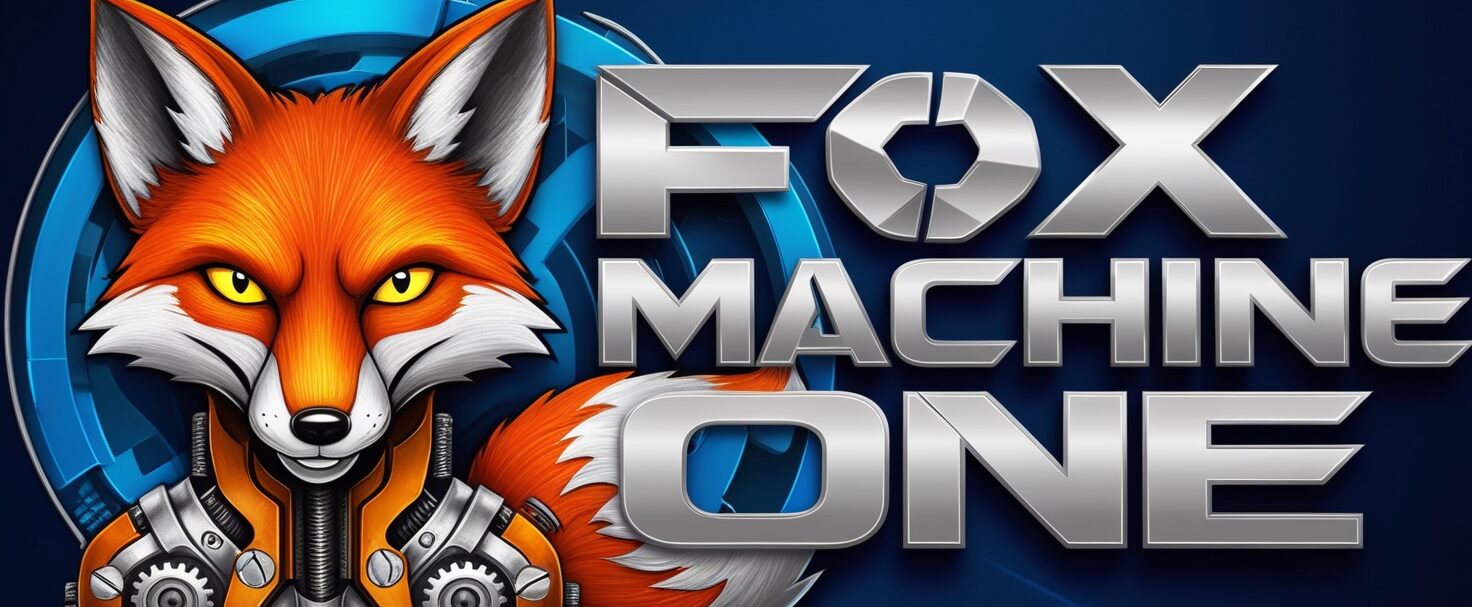




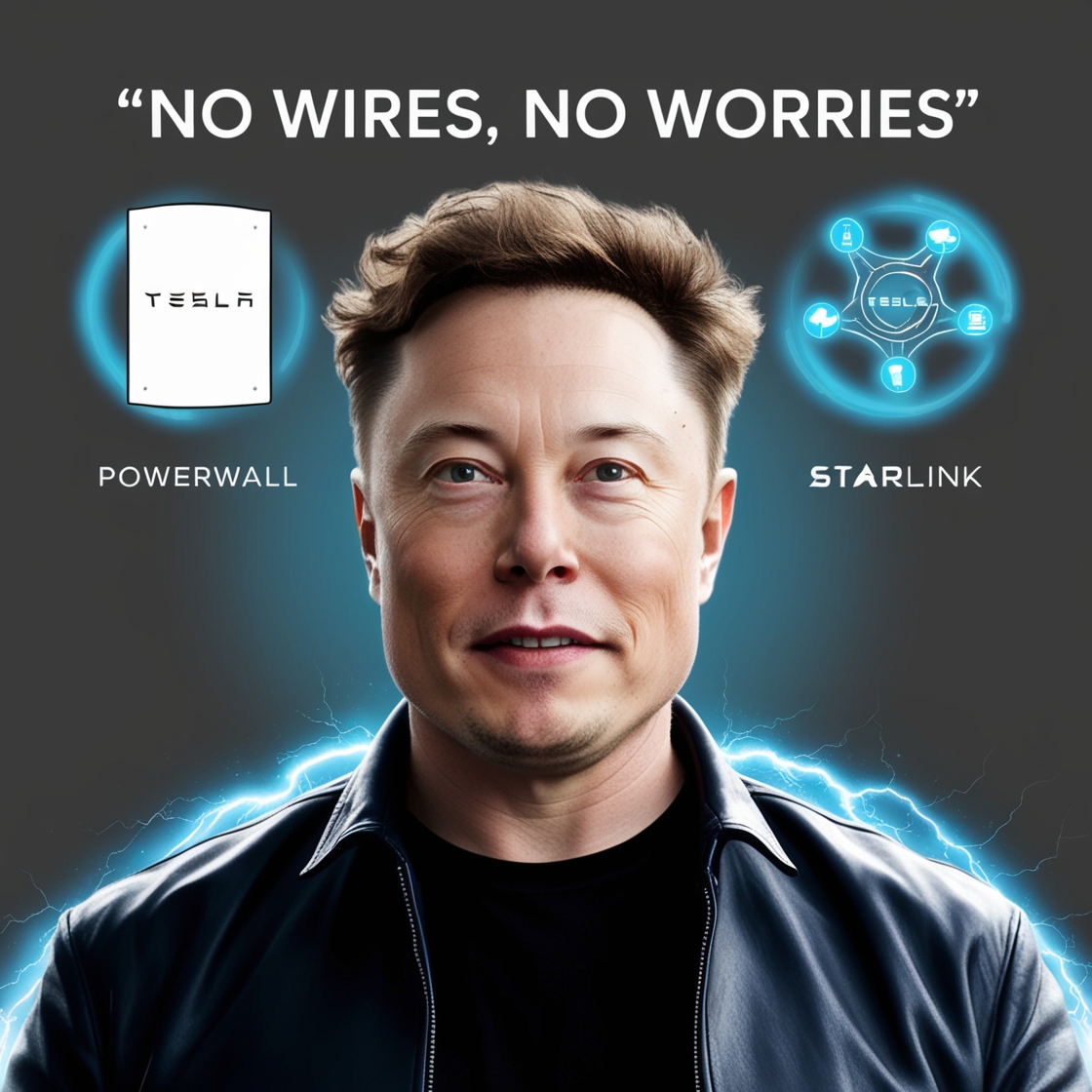
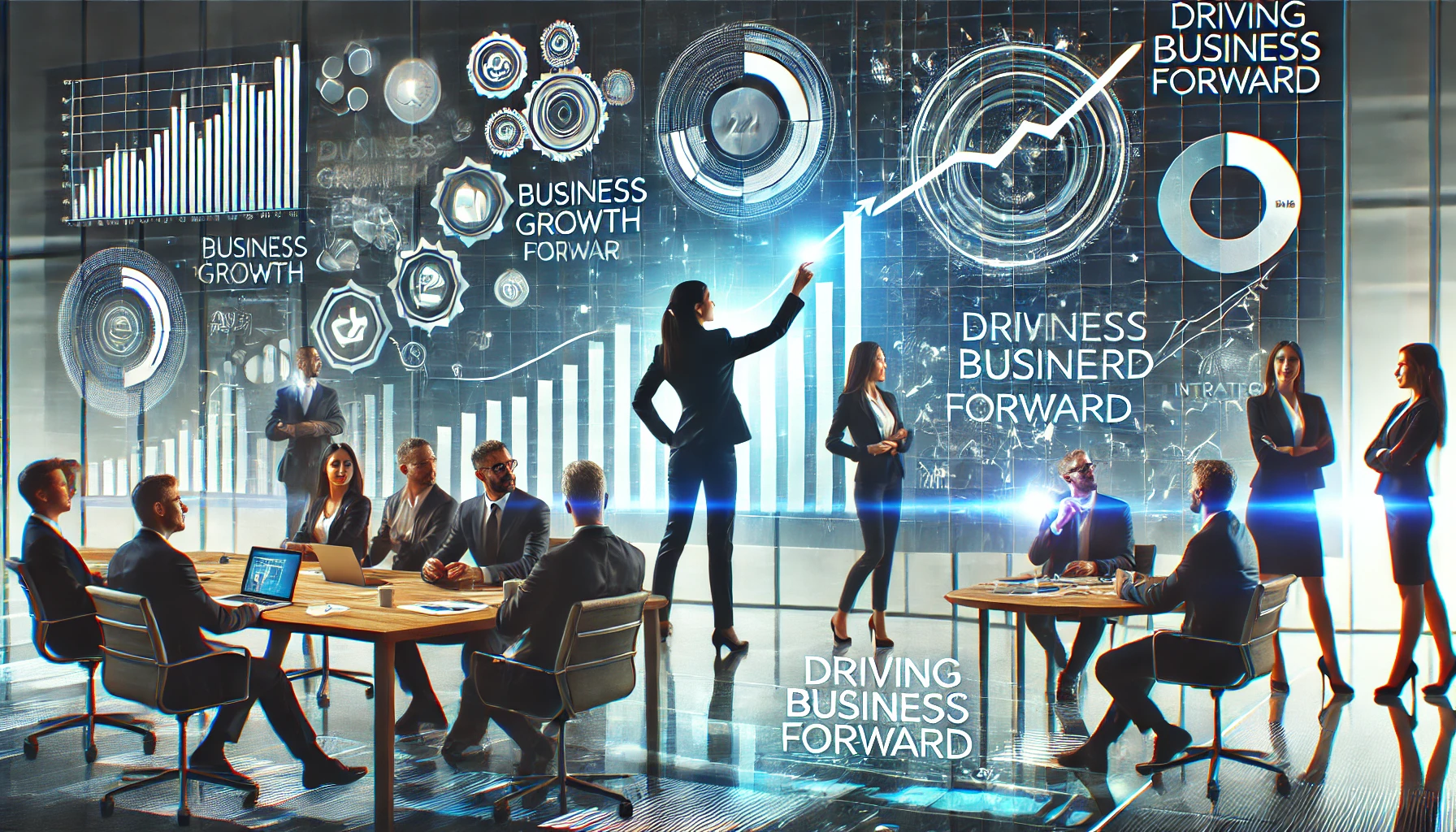


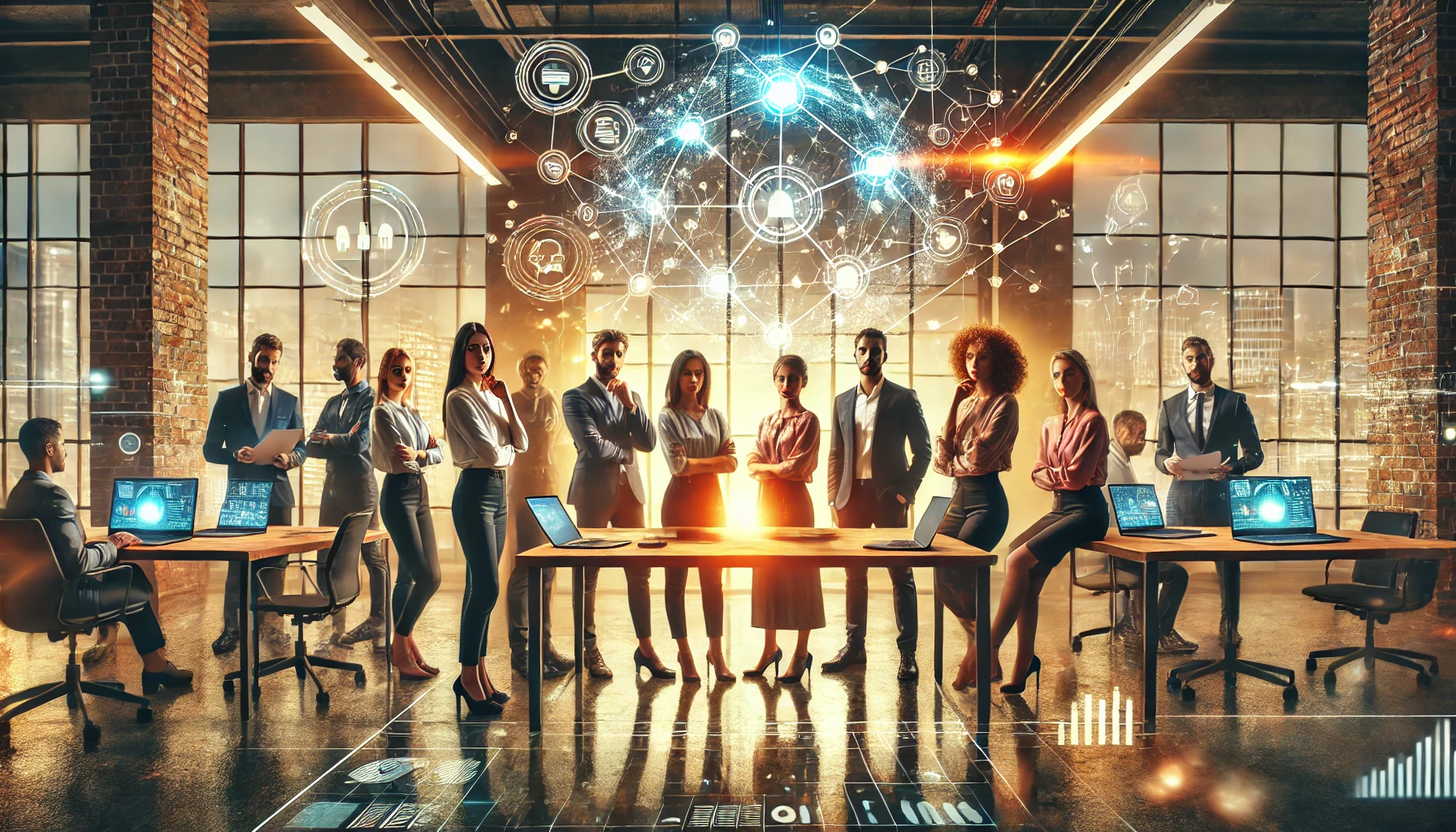
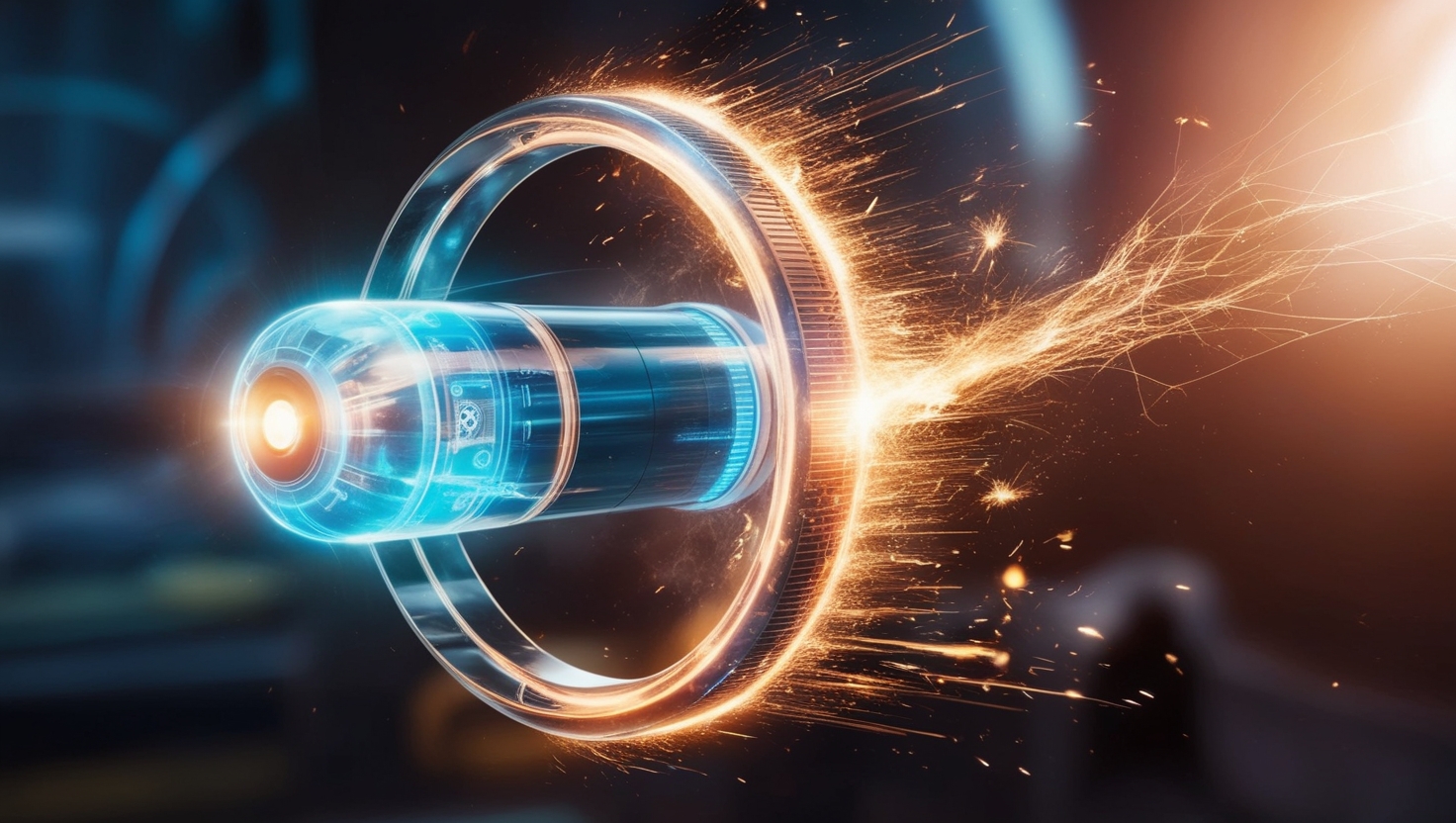




Leave a Reply